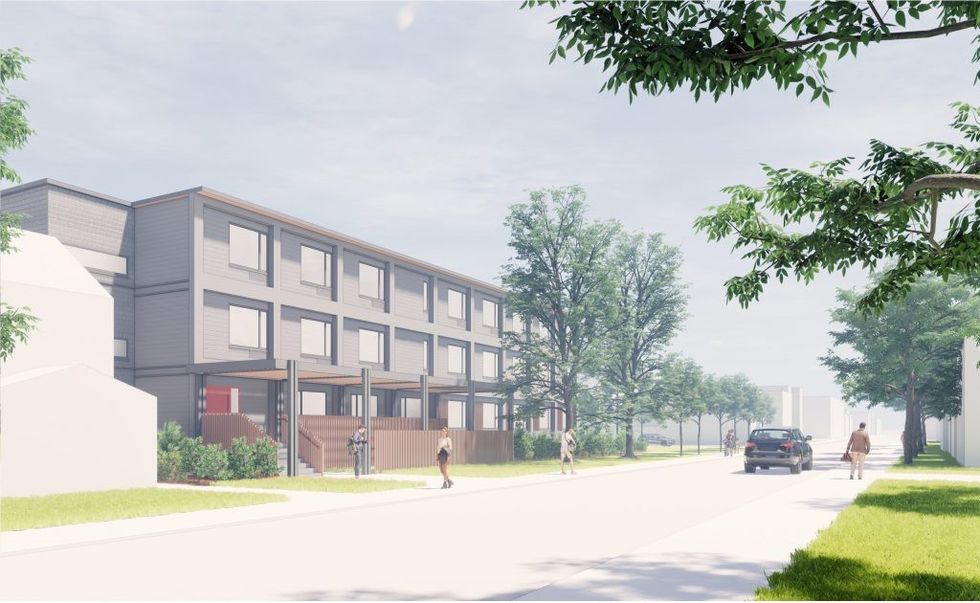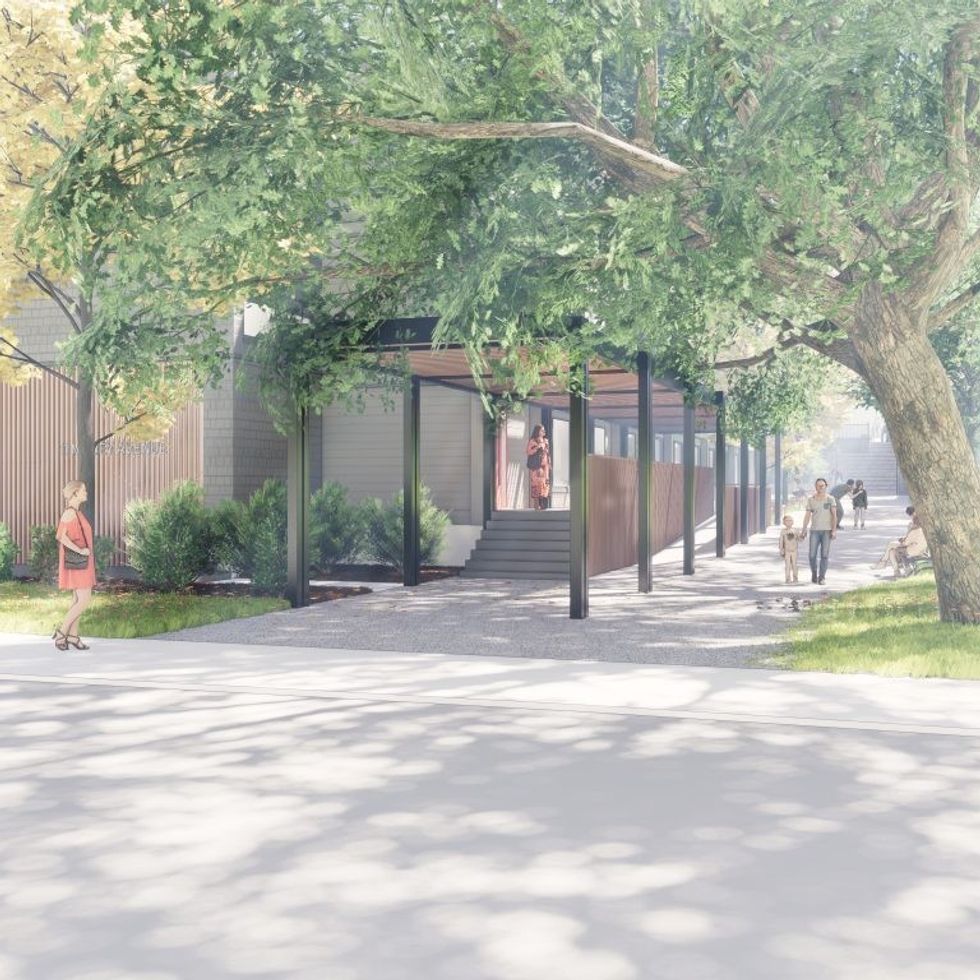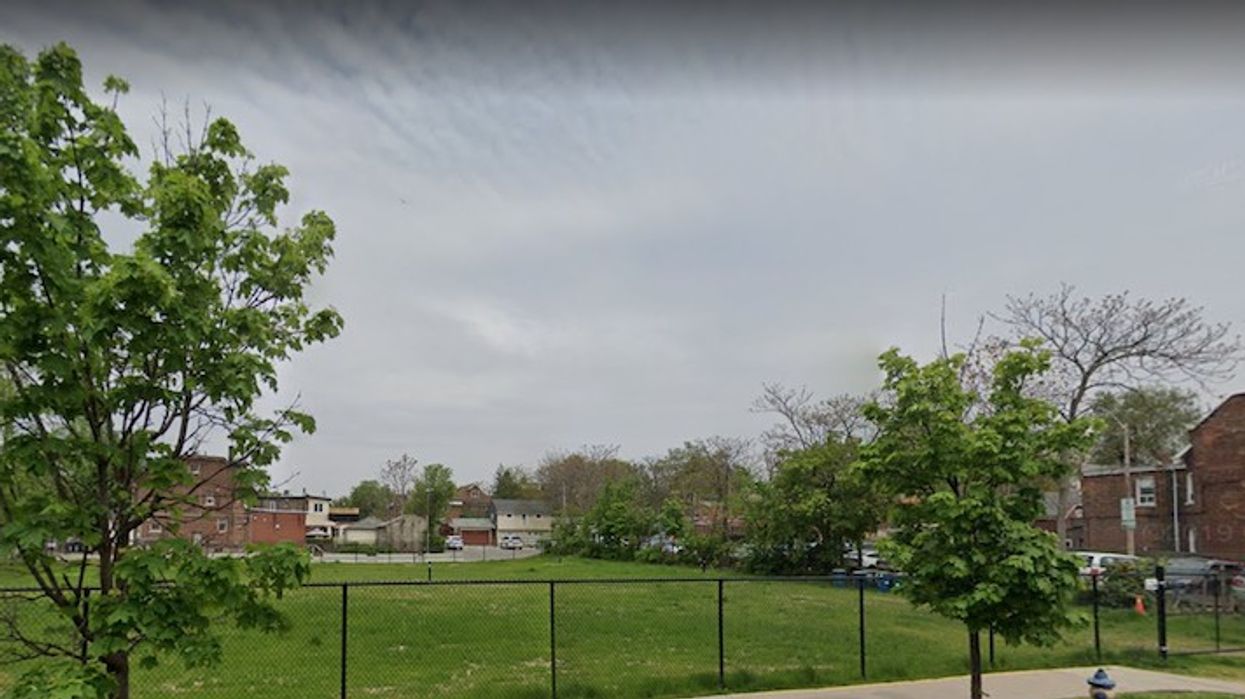Within a month of receiving approval from council, the City's plan to expedite Phase 1 of Toronto’s Modular Housing Initiative is well underway and the first two site locations have been identified.
Through the City's expedited efforts, the newly identified site locations will be home to stable, affordable, high-quality housing, and support services to 100 individuals who are experiencing homelessness by the fall of 2020.
READ: Toronto Spending $47M to Build 250 Modular Housing Units for Those Living in Shelters
The City and CreateTO staff have been evaluating City-owned land across Toronto using criteria that included local demand for affordable housing, the development potential of the site, local infrastructure, access to public transit, access to health and other community services, as well as zoning and other bylaw considerations.
Following the evaluation process, the following two sites are being recommended for Phase 1 of the Modular Housing Initiative:
- 150 Harrison Street (Ward 9): 44 bachelor apartments. This is the former site of the 14 Division Police Station.
- 11 Macey Avenue (Ward 20): 56 bachelor apartments. Near Victoria Park and Danforth.
The modular homes will be pre-fabricated and then installed on-site. Upon completion, the modular buildings will include self-contained bachelor units with kitchens and washrooms. Each location will also have a shared communal kitchen and administrative and program space. The City says qualified, non-profit housing providers will be selected to manage each site.

The City says the full capital costs for Phase I is estimated at $20.9 million and funding is coming from the City's Development Charges Reserve Fund for Subsidized Housing and from the federal government through the Canada Mortgage and Housing Corporation’s Affordable Housing Innovation Fund, which has committed $8.25 million in contributions and repayable loans.
Operating funding for health-related support services and housing subsidies will be requested from the province so that "deeply affordable supportive homes can be delivered at the sites."

" Housing affordability is an issue that affects every neighbourhood in our city," said Deputy Mayor Ana Bailão (Ward 9 Davenport), Planning and Housing Committee Chair. "The most visible and distressing need for housing is for people who are living day-to-day in shelters, on our streets, in our parks and on the edges of our city."
Bailão said the modular housing initiative will have a tremendous impact on the people who move in and will have housing with the supports they need to succeed.
"Helping people to move out of the shelter system has always been our goal. COVID only compounded this," Bailão said.
The City says a community engagement process will begin soon, with online events planned for each location. Community members are encouraged to become engaged in this process before the housing is built and remain involved after residents have moved in. The City says it will also be seeking feedback on building and site design elements, such as lighting, pathways and landscaping as well as ideas for how to support and welcome the residents into the neighbourhoods.
The Modular Housing Initiative is one component of the HousingTO 2020-2030 Action Plan, which calls for the City to approve 40,000 new affordable rental homes including the creation of 1,000 modular homes.





















